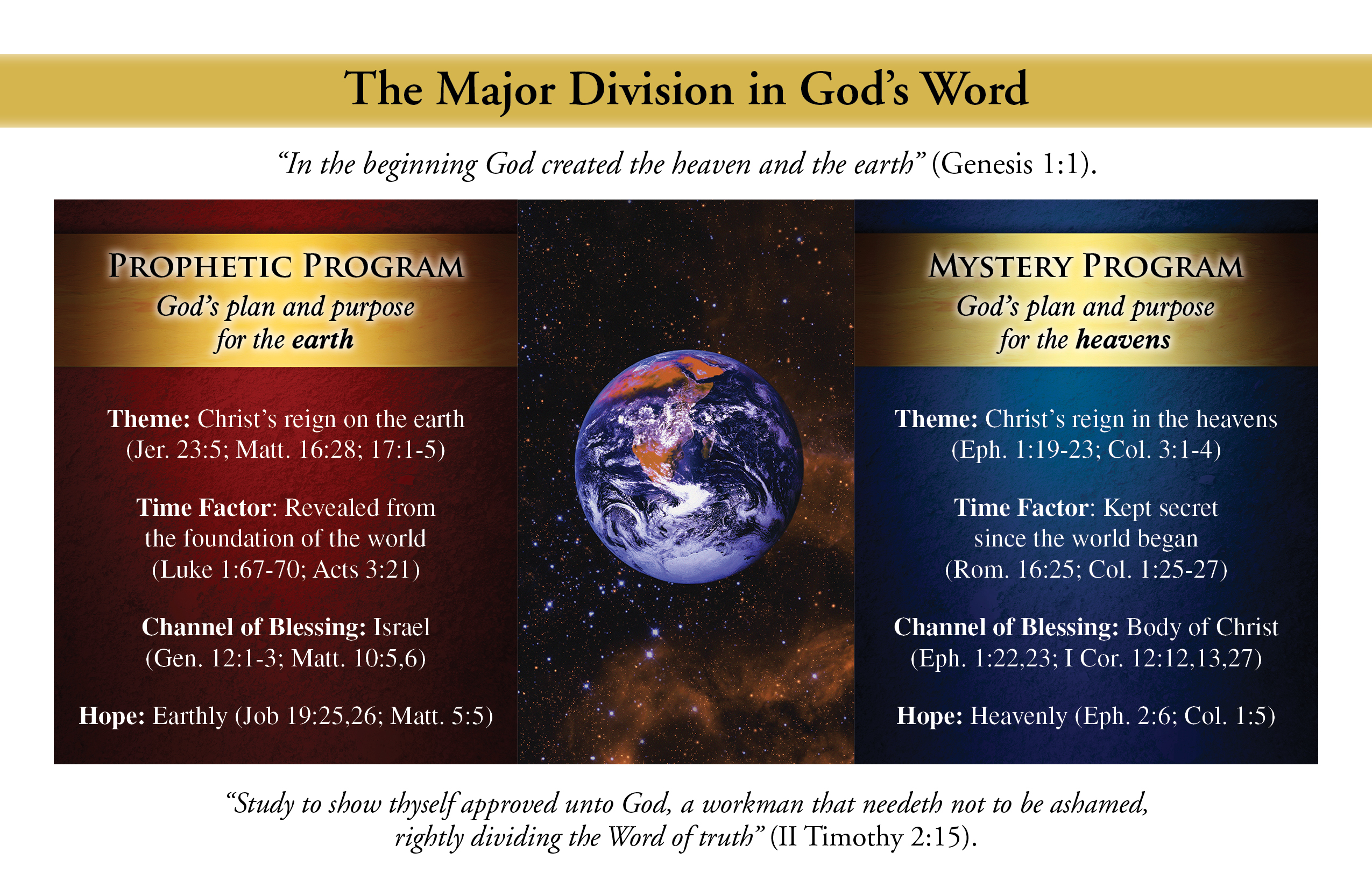QUESTION:
As a Christian who follows the Messiah rather than the traditions of Christianity, what day did and does the Messiah — our example — continue to esteem (Greek: κρίνω, to judge, to decide, to determine) as the Sabbath (Hebrews 13:8)?
ANSWER:
When we look at the life of the Messiah in the days of His earthly ministry, we see that He honoured the Sabbath as it was given by God from the beginning. Luke 4:16 says that it was His custom to go into the synagogue on the Sabbath day. This was right in the context of Israel under the Law, for Jesus was “made under the law” (Galatians 4:4) and lived as a Jew among Jews. He did not set aside the Sabbath, but He corrected the false traditions that men had added, showing that it was lawful to do good on the Sabbath (Matthew 12:12). In that time, the seventh day was rightly esteemed, because the Law was still in effect for Israel.
But when we rightly divide the Word of truth (2 Timothy 2:15), we see that the Sabbath, along with feast days, ordinances, and observances, does not apply to the body of Christ today. Paul makes this clear in Colossians 2:16–17: “Let no man therefore judge you in meat, or in drink, or in respect of an holyday, or of the new moon, or of the sabbath days: which are a shadow of things to come; but the body is of Christ.” These things were shadows, pointing forward, but now the reality is Christ Himself. Under grace, they are of no effect, because our standing before God is not in ordinances but in the finished work of Christ.
Paul’s doctrine, the mystery revealed to him, is what governs the body of Christ today. He was given the dispensation of the grace of God (Ephesians 3:2–3), and his epistles are our curriculum, our spiritual doctrine. God’s will in this dispensation is simple and clear: “Who will have all men to be saved, and to come unto the knowledge of the truth” (1 Timothy 2:4). That truth is found in Paul’s gospel, the preaching of Jesus Christ according to the revelation of the mystery (Romans 16:25). This is what matters for us today, not the observances of the Law given to Israel.
In summary, Jesus esteemed the Sabbath in His earthly ministry because He lived under the Law as a Jew. But for the body of Christ, the Sabbath and all ordinances are no longer binding. Paul teaches that these things are shadows, and in grace they have no effect. Our focus is on the mystery doctrine revealed to Paul, which is God’s will for us today: salvation and the knowledge of the truth through the gospel of Christ.








